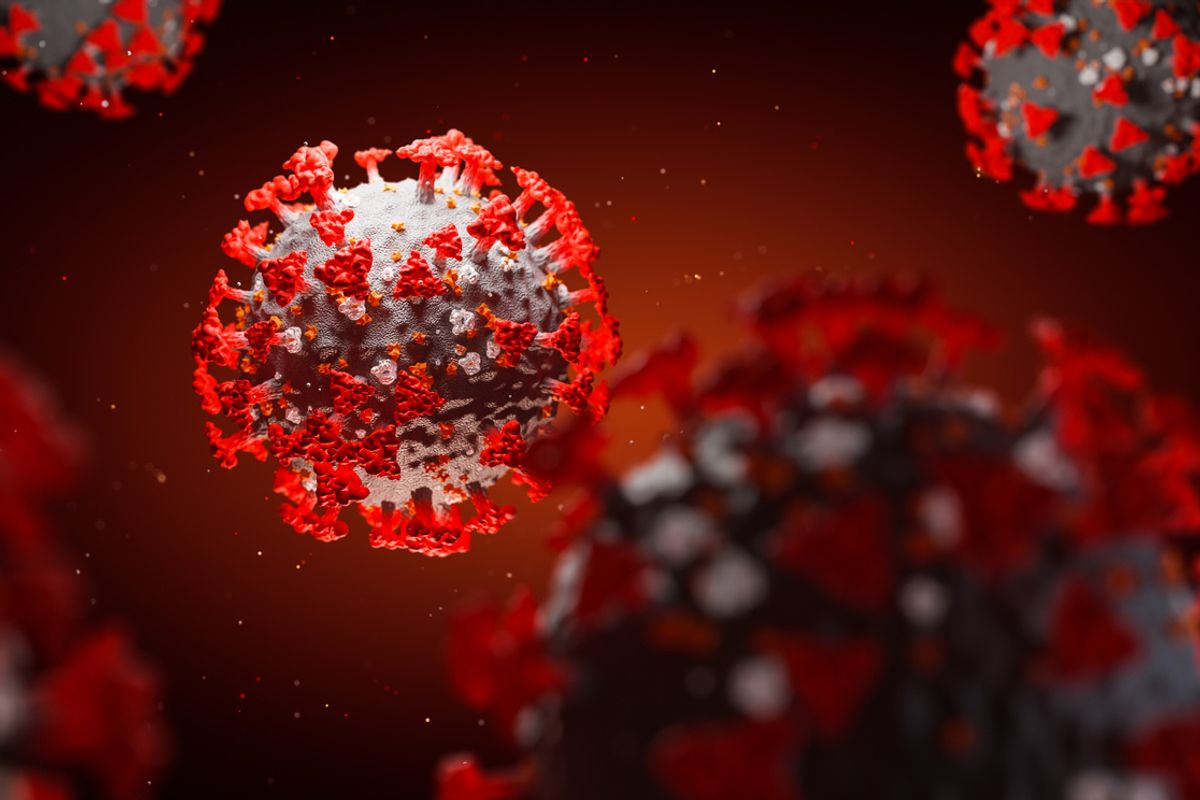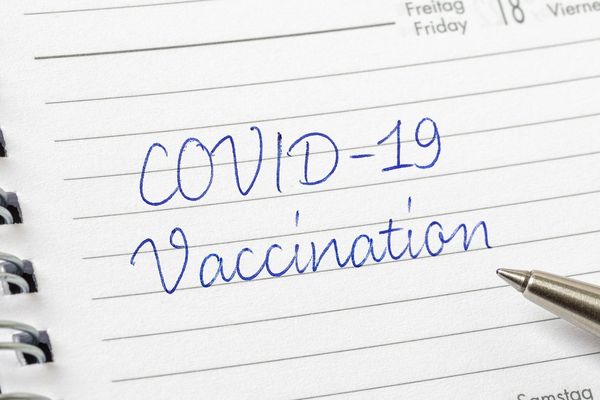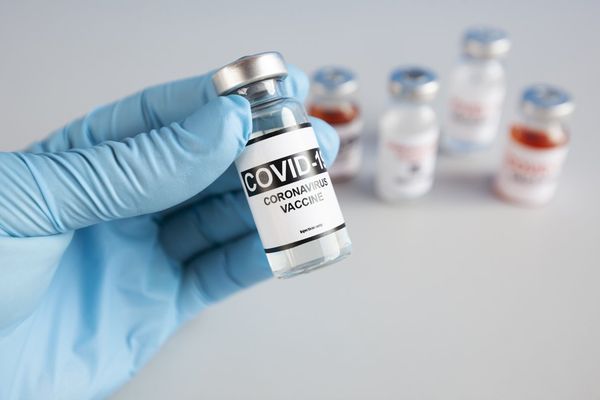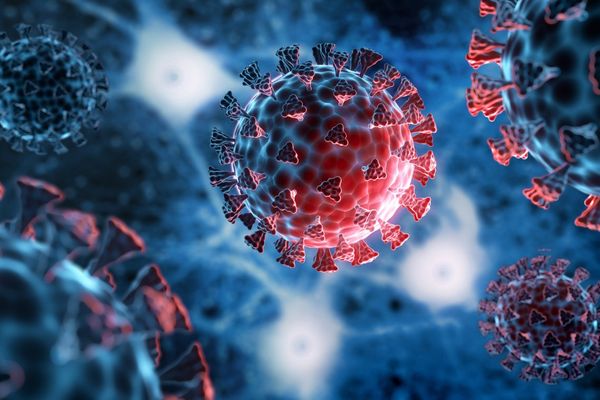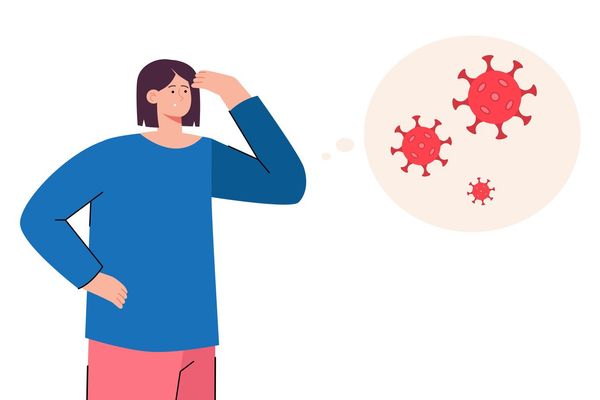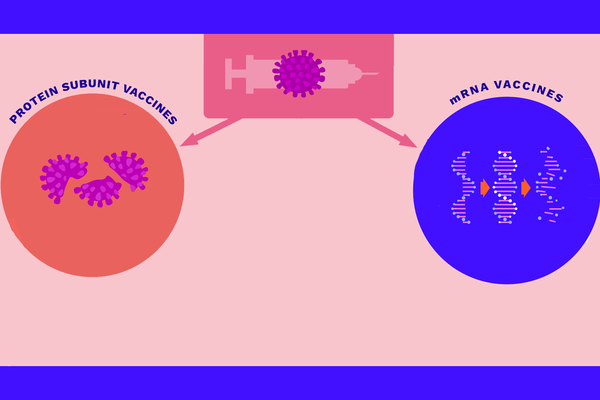I recently reached out to Dr. Jose R. Mercado, associate hospital epidemiologist at Dartmouth-Hitchcock Medical Center, for my story on COVID-19 long-haulers. Dr. Mercado answered my questions via email. We are publishing his complete remarks here.
The transcript has been edited for clarity and length.
HealthyWomen: Is there a "typical" recovery period for COVID-19?
Jose R. Mercado: Most of what we know about symptom duration and clinical outcomes focused on hospitalized patients who, on average, were hospitalized for 10 to 14 days. While most patients will typically recover from the initial phase of illness during this time period, there is a small subset of patients with prolonged duration of recovery that may last more than four weeks. We still have a lot to learn about when patients return to their usual state of health.
HealthyWomen: Have you treated any COVID-19 long-hauler patients at DHMC?
Jose R. Mercado: Yes. We have observed prolonged length of hospitalizations in adults with severe COVID-19.
HealthyWomen: Are there symptoms that are common to all long-haulers or is every situation unique?
Jose R. Mercado: Fatigue, cough, and headache were the most reported symptoms. We knew that older age and presence of chronic medical conditions have been associated with illness severity. Both were also associated with prolonged illness in the outpatient population.
HealthyWomen: How is what we are seeing with COVID-19 similar to what we saw with SARS and MERS (in terms of long-term effects of the diseases)?
Jose R. Mercado: SARS and MERS have significantly higher case fatality rates compared to COVID-19. However, COVID-19 is more infectious and has far outnumbered the overall deaths from that of SARS and MERS. Like SARS and MERS, the long-term sequelae of COVID-19 remains largely unclear.

Dr. Jose R. Mercado
HealthyWomen: What can we learn from the experience with SARS and MERS?
Jose R. Mercado: We can explore ways to treat and prevent human coronavirus infections by working to develop new antibodies, drugs, and vaccines. Many of the current initial therapies and vaccine targets under development for SARS-CoV-2 [the virus that causes COVID-19] are based upon prior scientific studies and experience with SARS and MERS.
HealthyWomen: Do we know anything definitely about the long-term effects of COVID-19?
Jose R. Mercado: It is difficult to say what we know about COVID-19 in the middle of a pandemic," Mercadol wrote. "We have not had the opportunity to study the disease's long-term effects on people. Reports on potential for long-term consequences have been broad, from blood clots to heart damage, lung damage, and neurological symptoms. While some conditions may be reversible over time, there is growing evidence and concern that some long-term effects from COVID-19 may be irreversible. This underscores the importance of both preventative measures to reduce infections and effective treatments early during the disease course.
HealthyWomen: Do you think the recent CDC announcement, acknowledging that over 30% of COVID-19 patients who were not hospitalized have long-term symptoms, will have an effect on patient care?
Jose R. Mercado: Yes. The goal is to develop interventions that would help reduce the spread of infections, and minimize those long term effects. We need to make informed public health messaging and educate our patients, particularly those who may not recognize this as a potentially prolonged illness.
HealthyWomen: Do we know the percentage of patients who were hospitalized with COVID-19 that have long-term symptoms?
Jose R. Mercado: The current literature documenting long term symptoms is scattered. We need a tincture of time to help us better understand the different ways that it affects patients and what factors influence patient outcomes in the long-term.
HealthyWomen: Is there anything I haven't asked that you think is important for our readers to know?
Jose R. Mercado: It would be beneficial to have well designed scientific studies to help guide medical professionals, public health experts and policy makers in understanding what measures are effective in reducing infections and improving long term outcomes.

